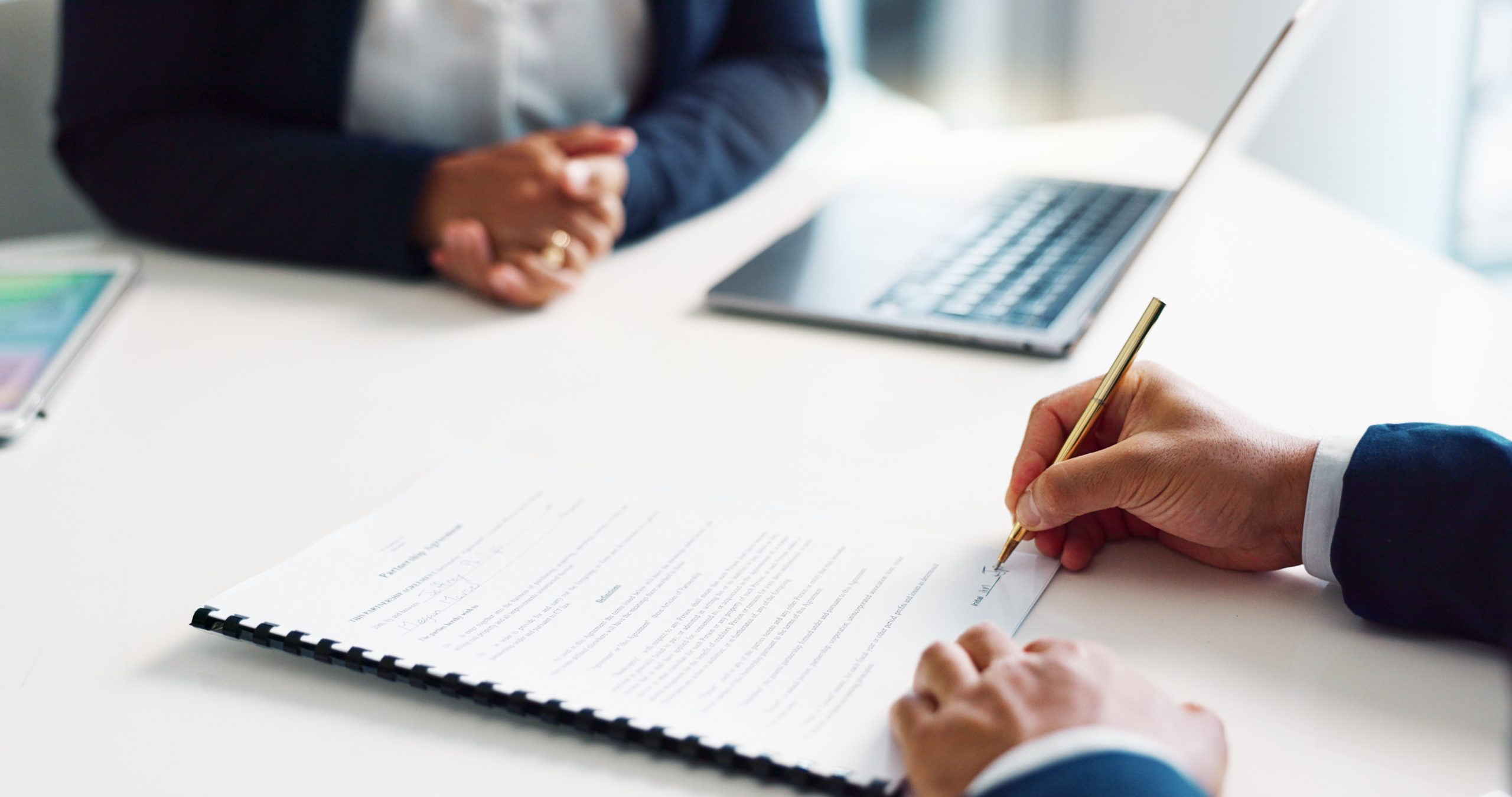Managing unpaid invoices from business clients is a common challenge for many companies. When internal efforts to collect outstanding payments are unsuccessful, engaging a commercial debt collection agency can be an effective strategy. Here’s a comprehensive guide tailored for business owners on how to navigate this process.
1. Assess the Debt
Before initiating the collections process, ensure that the debt is:
- Valid and Documented: Confirm that the debt is legitimate and supported by contracts, invoices, and any pertinent communication. Clear documentation is crucial for substantiating your claim.
- Overdue: Verify that the payment is past the agreed-upon terms. It’s advisable to allow a reasonable grace period before considering further action.
2. Attempt Internal Resolution
Prior to involving a collection agency:
- Communicate Directly: Reach out to the debtor through phone calls, emails, or letters to discuss the overdue payment. There might be unforeseen circumstances affecting their ability to pay.
- Offer Payment Solutions: Consider proposing a payment plan or negotiating a settlement that accommodates both parties. Flexibility can often lead to a quicker resolution and preserve business relationships.
3. Send a Formal Demand Letter
If initial attempts fail:
- Draft a Demand Letter: Clearly outline the amount owed, the due date, and the consequences of non-payment, such as escalating the matter to a collection agency. This formal notice underscores the seriousness of the situation.
4. Understand the Impact of Time on Debt Collectibility
The likelihood of successfully collecting a debt diminishes over time. According to a study by the Taxpayer Advocate Service, collections decrease as more time elapses from the initial Taxpayer Delinquency Account (TDA) assignment. Specifically, dollars collected typically decreased by over 50% from the first year to the second year and by about 30% in the third year from the amount collected in the second year.
5. Select a Reputable Commercial Collection Agency
When internal efforts are exhausted:
- Research Agencies: Look for agencies specializing in commercial debt collection. Ensure they have experience in your industry and a track record of ethical practices.
- Verify Compliance: Confirm that the agency adheres to the Fair Debt Collection Practices Act (FDCPA) and any relevant state laws.
- Understand Fee Structures: Collection agencies typically operate on a contingency fee basis, charging a percentage of the recovered amount. Fees can range from 20% to 50%, depending on factors like the debt’s age and complexity.
6. Provide Necessary Documentation
Equip the collection agency with:
- Comprehensive Records: Supply all relevant documents, including contracts, invoices, proof of delivery, and communication logs. Detailed information enhances the agency’s ability to recover the debt effectively.
7. Monitor the Collection Process
Stay engaged by:
- Regular Updates: Maintain open communication with the agency to receive progress reports.
- Evaluating Further Actions: If the agency is unsuccessful, consider legal avenues such as mediation, arbitration, or litigation, depending on the debt’s size and significance.
Final Thoughts
Navigating commercial debt collections requires a balanced approach that safeguards your business interests while adhering to legal and ethical standards. By following these steps and acting promptly, you can enhance your chances of recovering outstanding debts efficiently.
If you need assistance with the debt collection process or have further questions, please don’t hesitate to reach out to us for a consultation. Our team is here to support you in managing your accounts receivable effectively.
